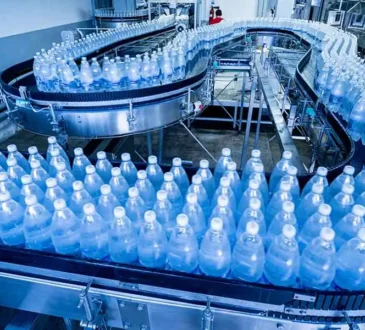G7 Summit offered little progress towards net zero –
The G7 Hiroshima Summit ended with a series of wish-lists but no major progress on tackling climate change.
The summit agenda contained a very general paragraph on climate and energy that re-affirmed a commitment to net zero but with ominous references to “different national and regional circumstances”.
The meeting of world leaders was an opportunity to launch some major eco-initiatives and drive real change but, lacking in any real progress, the summit instead confined its actions to words and a series of well-worn mission statements.
Following the event, the G7 Hiroshima leaders’ communiqué stated, “We commit to realising the transformation of the economic and social system towards net-zero, circular, climate-resilient, pollution-free and nature-positive economies and to halting and reversing biodiversity loss by 2030, in an integrated manner, while ensuring sustainable and inclusive economic growth and development and enhancing the resilience of our economies.
“We underline our commitment, in the context of a global effort, to accelerate the phase-out of unabated fossil fuels so as to achieve net zero in energy systems by 2050 at the latest in line with the trajectories required to limit global average temperatures to 1.5 °C above pre-industrial levels, and call on others to join us in taking the same action. We reaffirm our commitment to the elimination of inefficient fossil fuel subsidies by 2025 or sooner, and reaffirm our previous calls for all countries to do so.
“Emphasising that the global climate and energy crisis highlights the urgent need to accelerate the clean energy transition towards achieving net-zero emissions no later than 2050 and to transform our energy systems, we underline the necessity of economic diversification and transformation, including in supply chains.
“In order to further promote clean energy transitions on a global scale, we are determined to increase our efforts and, in particular, will pursue secure, resilient, affordable, and sustainable clean energy supply chains, including those for critical minerals and clean energy technologies. In implementing energy transitions, we also reaffirm the importance of working collectively to avoid market distortions and ensuring a global level playing field. We will continue to work with international partners to realise a clean energy as laid out in the Clean Energy Economy Action Plan.”
Impacts of climate change are worsening, with nearly half the world’s population living in vulnerable areas. Southern Europe has seen record high spring due to climate change and extreme heat in Laos, India, Thailand and Bangladesh has been made thirty times worse by it.
The IPCC has warned that the world is running out of time to keep heating to 1.5°C, with the UK Met Office and World Meteorological Organisation announcing that, with an expected El Niño effect this year, there’s a 66 per cent certainty we will overshoot that limit in at least one year before 2027 – and near certainty that one of those years will be the hottest year on record.
The G7 Summit focussed on finance and economic issues and in these areas world leaders identified the need to support development and adaptation plans in vulnerable regions.
Commenting on the G7 Summit, Gareth Redmond-King, head of international programme at the Energy and Climate Intelligence Unit, said: “G7 leaders have recognised the value of scaling up overseas development assistance to poorer countries in a world of worsening climate impacts that respect no borders.
“They specifically acknowledge the aim for overseas development assistance to be 0.7 per cent of GDP – a reminder that the UK achieved that level a few years ago, only to cut it back since.
“Given we import half our food from overseas, nearly half of which we cannot grow here, scaling that financial assistance back up for countries to help them adapt to, and recover from climate impacts, is in our direct interest – protecting our food supplies, as well as those of people whose livelihoods rely on producing it.”




